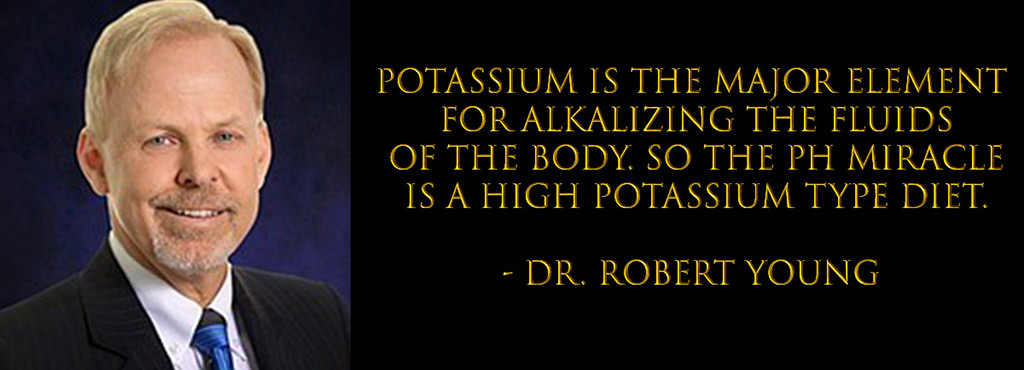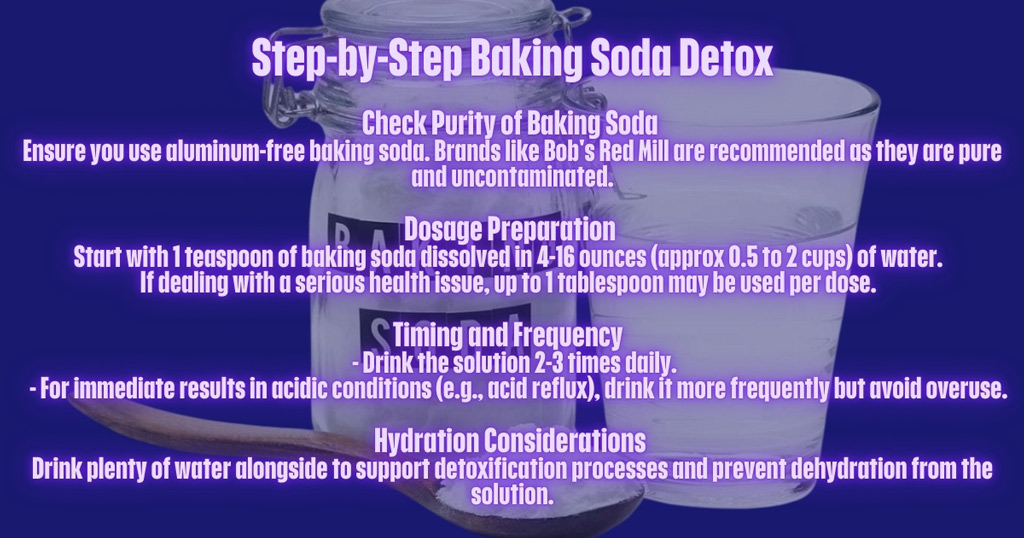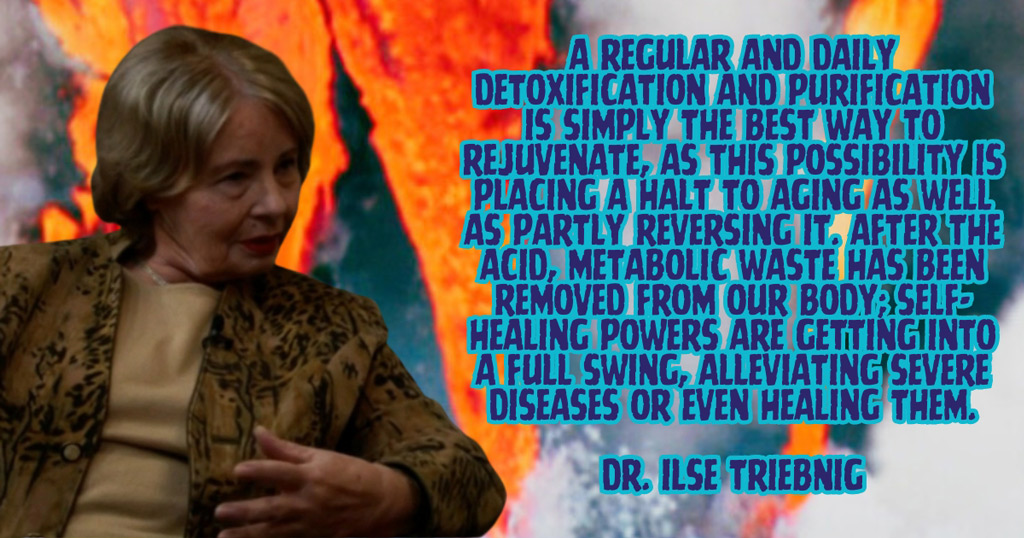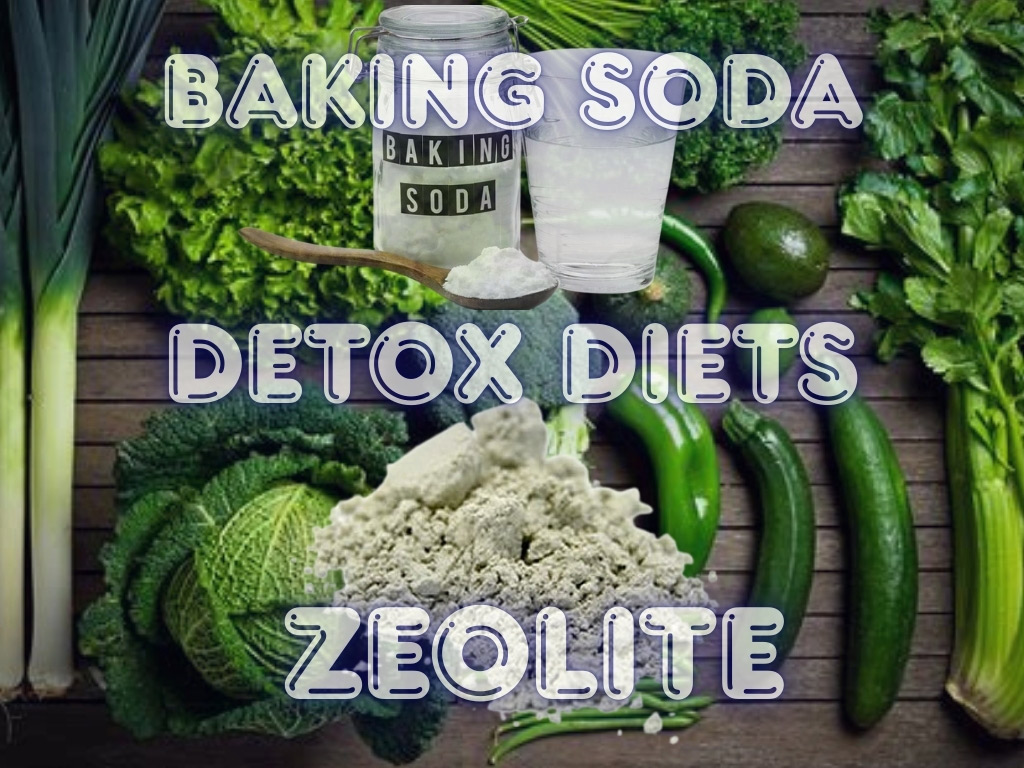Detox refers to the process of removing unwanted substances or toxins from the body, which can be achieved through various means such as dietary changes, supplementation, exercise, and other lifestyle modifications.
More specifically detox is the term used in the health community to refer to detoxing of the organism from heavy metals, toxins, synthetic chemicals etc. You do a detox to do prevention, live healthier and longer.
A detox, non toxic, or alkaline lifestyle could be everything that reduces the toxicity levels in your environment/body and/or helps you to remove toxic substances and acidity from the body. For example, grounding or earthing could be seen as a detox method too, because you will be exposed to natural antioxidant that will help the body’s detoxification mechanisms. Having a good sleep is also an essential part, it helps you to regenerate the organs responsible for the detoxification of the organism, namely, liver, kidney, skin and lung. There is no “immune system”, an army of entities in the blood fighting viruses, bacteria etc. like they show you in cartoons, you have a detoxifying system not an “immune system”.
The most known methods of detoxification are:
- Fasting – Fasting is a natural way to support detoxification, by not having to digest foods, the body can redirect its energy towards repair and regeneration processes instead of digestion.
- Dietary Changes – Starting an alkaline raw organic food diet avoiding processed and fried foods and increasing consumption of vegetables, fruits, nuts and seeds, lean proteins, healthy fats and pure water.
- Supplementation – Taking specific supplements such as chlorella, spirulina, zeolite, clay or bentonite, cilantro, turmeric, garlic, onions, artichokes, dandelion greens and other detoxifying herbs.
- Exercise – Engaging in regular physical activity such as brisk walking, jogging, cycling, swimming or dancing which helps to improve circulation, oxygenate the body and support elimination of waste products.
- Herbal Teas – Drinking herbal teas made from chamomile, peppermint, licorice, ginger, dandelion root or green tea can help to support liver function and promote detoxification.
- Detox Foot Baths – Soaking the feet in an Epsom salt bath or a detox foot bath which helps to draw out toxins through the skin pores.
- Saunas/Steam Rooms – Using a sauna, steam room can help to improve circulation and promote sweating which is a natural way of eliminating waste products from the body.
- Breathwork – Practicing deep breathing exercises and/or meditation which helps to calm the mind and promote relaxation can also be helpful for supporting detoxification and having a good sleep.
Detox Method – Fasting
Fasting is a natural way to support detoxification and promote overall health. By not having to digest foods, the body can redirect its energy towards repair and regeneration processes instead of digestion. During fasting, the liver is more active in breaking down and eliminate waste products and toxins from the body. Fasting also promotes a healthy inflammatory response, which is essential for optimal health.
There are many different types of fasting, each with their own benefits and limitations, so it’s important to choose the one that best suits your individual needs and goals. Some people use intermittent fasting as a daily practice, while others use it as a way to support detoxification before or after a cleanse.
Overall, fasting is an effective and natural way to support detoxification and promote overall health.
There are many different types of fasts available, each with their own benefits and limitations.
The most common types include:
- Water Fasting – This involves consuming only water during a predetermined period of time. It’s believed to support detoxification and promote overall health, but it can also be very challenging for some people due to the lack of nutrients.
- Juice Fasting – This involves consuming only juices made from fruits and vegetables during a predetermined period of time. It’s believed to support detoxification and promote overall health, but it can also be very expensive and difficult to sustain long-term.
- Intermittent Fasting – This involves alternating periods of fasting with periods of eating. There are many different variations of intermittent fasting, each with their own benefits and limitations. Some people use intermittent fasting as a daily practice, while others use it as a way to support detoxification before or after a cleanse.
- Fruit Fasting – This involves consuming only fruits during a predetermined period of time. It’s believed to support detoxification and promote overall health, but it can also be very limited in terms of nutrients and fiber.
- Vegetable Fasting – This involves consuming only vegetables during a predetermined period of time. It’s believed to support detoxification and promote overall health, but it can also be very limited in terms of nutrients and fiber.
Detox Method – Detox Diets
The most common types of detox diets to support the detoxification process are:
- Alkaline Diet – Alkaline Diet and Lifestyle is a dietary approach that focuses on consuming foods with a higher pH level (or alkalizing foods that have a final alkalizing effect on the organism like lemons), which promotes an alkaline environment in the body.
- Master Cleanse Diet – A popular cleansing diet that involves drinking lemonade mixed with maple syrup, cayenne pepper and freshly squeezed grapefruit juice, along with consuming herbal teas and taking salt water baths for 10 days.
- Vegan Detox Diet – A plant-based diet that emphasizes fresh fruits and vegetables, whole grains, legumes, nuts and seeds, and limited or no animal products.
- Raw Food Detox Diet – A diet that emphasizes uncooked fruits, vegetables, nuts and seeds, and limited or no cooked foods.
- Juice Cleanse Diet – A diet that involves consuming juices made from fruits and vegetables for a set number of days, followed by a transition period and then returning to a normal diet.
- Detox Water – A diet that involves drinking water mixed with fruits and vegetables, herbs, lemon juice or other natural ingredients to support detoxification.
The best diet we recommend is an alkaline raw food (Bio certified organic food) diet.
The Alkaline Diet and Lifestyle is a dietary approach that focuses on consuming alkaline or alkalizing foods, which promotes an alkaline environment in the body. The theory behind this diet is that consuming acid-forming foods can lead to health problems such as osteoporosis, arthritis, and heart disease, while consuming alkaline-forming foods can help balance pH levels and promote overall health. The diet recommends eating more fruits, vegetables, nuts, seeds, and legumes, while avoiding processed and packaged foods, meat, dairy products, and refined carbohydrates such as sugar and white flour. It also suggests incorporating regular exercise and stress-reduction practices into one’s routine.
For more information about an alkaline diet read the book the pH miracle by Dr. Robert Young.

Using detoxifying substances and supplements
The most common types of substances used to detox and/or support the detoxification process are:
- Zeolite – A naturally occurring mineral that can bind and remove heavy metals from the body including mercury, lead, arsenic, cadmium, aluminum and more.
- Chlorella – An algae-based supplement that can help to support detoxification by binding and removing heavy metals such as cadmium and mercury from the body.
- Cilantro – A herb that has been shown to bind and remove heavy metals including mercury, lead and arsenic from the body.
- Milk Thistle – A plant-based supplement that can help to support liver function and promote detoxification by helping to rid the body of damaged liver cells and eliminating toxins such as acetaminophen (Tylenol).
- Dandelion Root – A root-based supplement that has been shown to support liver function and promote detoxification.
- Turmeric – An herb that contains curcumin, a compound that can help to support liver function and promote detoxification and reduce inflammations.
- Artichokes – A vegetable that has been shown to promote digestion and remove toxins from the body through the kidneys.
- Garlic – An herb that can help to support liver function and promote detoxification and reduce inflammation.
Detox with Sodium Bicarbonate (Baking Soda)
Sodium Bicarbonate (baking soda) is a natural alkalizing substance that can help to support the body’s pH balance and regulate digestive function. It has been shown to have some detoxifying effects by binding and removing heavy metals such as mercury, lead, arsenic etc. from the body.
This method leverages baking soda’s ability to alkalize the body and neutralize toxins, complemented by a holistic approach to diet and lifestyle.
How to detox with baking soda

- Check Purity of Baking Soda
- Ensure you use aluminum-free baking soda. Brands that are pure and uncontaminated.
- Dosage Preparation
- Start with 1 teaspoon of baking soda dissolved in 4-16 ounces (approx 0.5 to 2 cups) of water. – If dealing with a serious health issue, up to 1 tablespoon may be used per dose.
- Timing and Frequency
- Drink the solution 2-3 times daily.
- For immediate results in acidic conditions (e.g., acid reflux), drink it more frequently but avoid overuse.
- Integration with Diet
- Pair with an alkaline diet rich in vegetables, fruits, and mineral salts to enhance effectiveness.
- Monitoring pH Levels
- Test urine pH using strips after consumption; baking soda should raise it to 8 or higher (up to 10). Regular testing ensures proper intake.
- Hydration Considerations
- Drink plenty of water alongside to support detoxification processes and prevent dehydration from the solution.
- Additional Supplements (Optional)
Combine with Schüssler Salts or liquid bicarbonate for enhanced results.
Detox With Zeolite

- Preparation of Zeolite
- Select natural zeolites with high porosity for better adsorption capacity. Ensure they are free from contaminants.
- Treat the zeolite if necessary to enhance its binding properties (though context mentions ion exchange as dominant mechanism).
- Optimal Dosage and Administration
- Follow dosage recommendations based on studies: 1.21 meq/g sorbent capacity. Adjust according to body weight and specific needs.
- Take with meals or on an empty stomach, divided into morning and evening doses for better absorption.
- Hydration Strategy
- Drink plenty of purified water (low mineral content) throughout the day to aid in flushing out toxins. Avoid mineral-rich waters as they may compete with zeolite’s ion exchange sites.
- Consume at least 8-10 glasses daily, sipping steadily.
- Dietary Complements
- Pair zeolite supplementation with high-fiber foods (apples, leafy greens) to enhance detox pathways and reduce intestinal absorption of metals.
- Incorporate green juices for additional antioxidant support.
- Timing of Intake
- Take zeolite during the body’s peak elimination phases: morning upon waking and evening before bed. This aligns with natural circadian rhythms aiding in toxin expulsion.
- Duration of Use
- Follow a regimen as per health consultant or extended use (e.g., 30-60 days) for cumulative effects, reassessing progress periodically.
- Monitoring and Safety
- Regularly check heavy metal levels via medical tests to assess effectiveness.
- Discontinue if adverse reactions occur (e.g., fatigue, digestive issues) or consult a healthcare provider.
You can use zeolite powders or supplements to bind Graphene Oxide in the gut. For more specific information on how to detox from nanomaterials and heavy metals read also Natural Approaches for Detoxifying and Chelating Toxins: A Guide to Nanomaterials, Heavy Metals and Microplastics.
